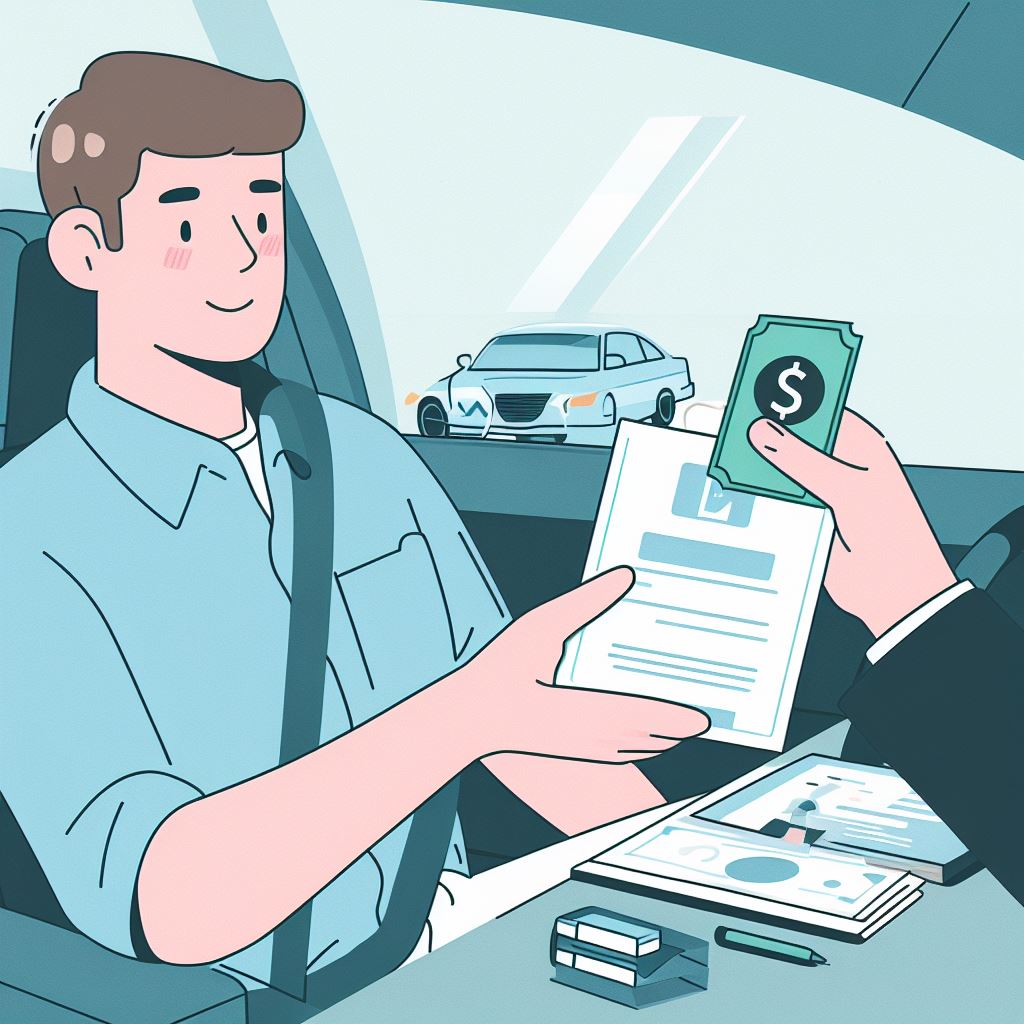
How to Save Money on One Day Car Insurance: Proven Strategies
For temporary coverage requirements, best auto insurance in bronx new york offers a practical and adaptable alternative. This kind of coverage gives you the security you need without tying you down to a lengthy policy, whether you're driving a borrowed car, a car you rented, or a freshly acquired automobile home. Due to its brief length, one-day auto insurance is already a budget-friendly option, but there are numerous tried-and-true methods you can use to cut the cost of your policy even more.
Compare Multiple Providers:
Just like with regular car insurance, it's crucial to shop around and compare quotes from multiple providers before making a decision. Different Bronx auto insurance companies may offer varying Bronx auto insurance rates for the same coverage, so taking the time to research and compare can lead to significant savings.
Avoid Adding Extra Drivers:
While some scenarios might require adding additional drivers to your one-day insurance policy, doing so can sometimes increase the cost. If possible, limit the policy to only the drivers who absolutely need coverage for that day to keep the costs down.